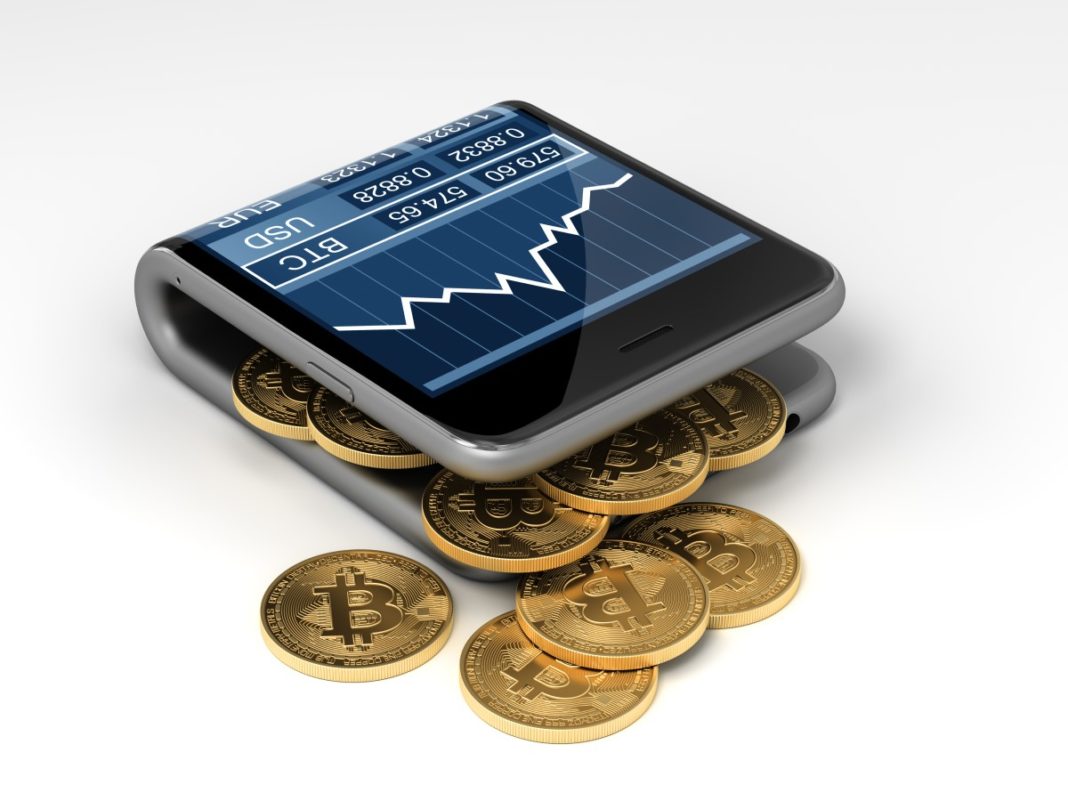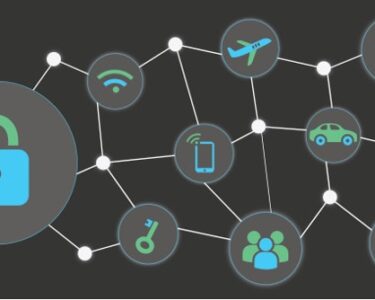
Crypto Wallets: Types and Security Tips
Introduction
Cryptocurrency wallets are digital tools that allow individuals to store, send, and receive cryptocurrencies. They come in various types, each with its unique features and security measures. Choosing the right wallet for your needs is crucial for keeping your digital assets safe.
Types of Crypto Wallets
- Software Wallets:
- Desktop Wallets: Installed on your computer and provide a secure environment to manage your cryptocurrencies.
- Mobile Wallets: Run on smartphones and offer convenience for on-the-go transactions.
- Hardware Wallets:
- Cold Wallets: Physical devices that store your cryptocurrencies offline, providing a high level of security.
- Hot Wallets: Connected to the internet, allowing for quick transactions but less secure than cold wallets.
- Paper Wallets:
- Physical documents containing private keys printed on paper.
- Provide a one-time, secure way to store cryptocurrencies.
- Custodial Wallets:
- Managed by third parties, such as exchanges or custodians.
- Users do not have direct control over their private keys.
Security Tips
- Use Strong Passwords: Create complex passwords with a mix of uppercase, lowercase, numbers, and symbols.
- Enable Two-Factor Authentication (2FA): Add an extra layer of security by requiring a code sent to your phone or email each time you log in.
- Keep Your Software Up-to-Date: Regular updates often include security patches to protect against vulnerabilities.
- Be Aware of Phishing Scams: Scammers may send emails or messages pretending to be from legitimate entities to trick you into revealing your private keys.
- Use a Reliable Source: Verify the authenticity of the wallet you are using by downloading it from official websites or app stores.
- Store Your Recovery Phrase Securely: The recovery phrase is essential for regaining access to your wallet if you lose your password. Keep it offline and in a safe place.
- Consider Multi-Sig Wallets: Divide the control of your wallet among multiple individuals or devices to enhance security.
- Use Multi-Factor Authentication (MFA): Some wallets support MFA, which requires multiple factors of authentication for sensitive actions.
Conclusion
Choosing the right crypto wallet and implementing strong security measures are crucial for safeguarding your digital assets. By understanding the different types of wallets and following these tips, you can mitigate risks and ensure that your cryptocurrencies remain secure. Remember, securing your cryptocurrencies is your responsibility, so take proactive steps to protect them.


